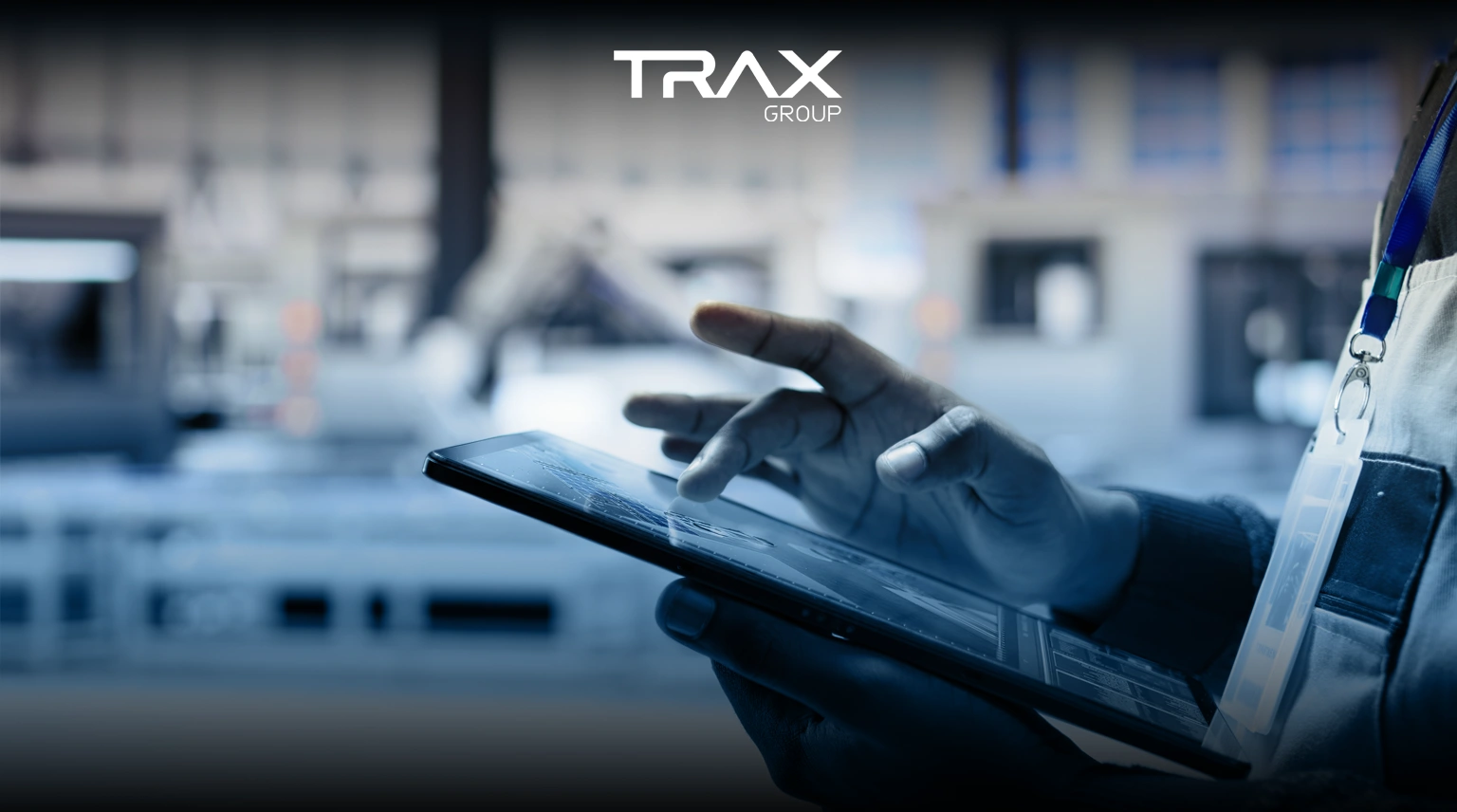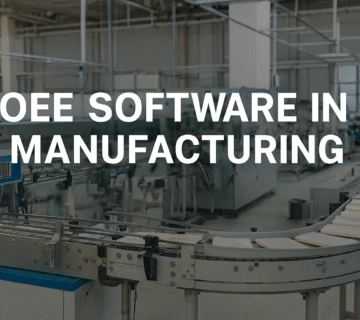The world is entering a new industrial era—Industry 4.0, where intelligent technologies, connected assets, and data-driven decision-making are transforming every aspect of production and supply chains. While this revolution is global, the stakes are particularly high for manufacturers in the Middle East and North Africa (MENA).
For a region historically fueled by resources, energy, and trade, the challenge of the next decade is different: how to compete, innovate, and grow in a digital-first, customer-driven world. The opportunity is vast, but so is the risk of falling behind.
Understanding Industry 4.0
Table of Contents
ToggleIndustry 4.0 is often described as the fourth industrial revolution. Unlike previous revolutions powered by steam, electricity, or automation, this one is driven by data, connectivity, and intelligence.
At its core, Industry 4.0 integrates:
Smart Factories – Automated, IoT-enabled production environments capable of running with minimal downtime.
Connected Assets – Machines and equipment that report their health, performance, and efficiency in real time.
Intelligent Products – Items designed with embedded sensors that provide insights long after they leave the factory floor.
Empowered People – Workforces equipped with digital tools, training, and AI-driven insights to perform at their best.
The result is a 360-degree, high-fidelity view of operations—from suppliers and production processes, to logistics, customer satisfaction, and product lifecycle.
The Urgency in MENA
While Industry 4.0 is being rapidly adopted in Europe, Asia, and North America, MENA manufacturers are still catching up. Yet, the urgency for transformation in this region is even greater, driven by:
Economic Diversification Goals
National visions such as Saudi Vision 2030, UAE’s Operation 300bn, and Egypt’s Vision 2030 emphasize digital transformation, manufacturing growth, and reduced reliance on hydrocarbons. Industry 4.0 is the foundation of these goals.Global Competition
Manufacturers in MENA increasingly compete with global players already leveraging predictive analytics, robotics, and advanced supply chain systems. Without transformation, local businesses risk losing cost competitiveness.Customer Expectations
Consumers and B2B buyers alike expect faster delivery, customization, and transparency. Traditional production models cannot meet these expectations at scale.Sustainability Demands
With global pressure to reduce carbon emissions, manufacturers must adopt circular economy practices, waste reduction, and energy optimization—all enabled by Industry 4.0 tools.
Key Challenges for MENA Manufacturers
While the benefits are clear, local manufacturers often face significant barriers:
Legacy Infrastructure: Many factories run on decades-old machinery that was never designed to connect digitally.
Skills Gap: Workforces need upskilling to operate in data-driven, automated environments.
Investment Concerns: Leaders worry about the cost of transformation and ROI timelines.
Cybersecurity Risks: Increased connectivity brings new vulnerabilities that must be managed.
Change Management: Resistance from teams and leadership can slow down adoption.
These challenges are real—but they are not insurmountable. With the right partner, they become opportunities for reinvention and growth.
The Benefits of Acting Now
Adopting Industry 4.0 is not about keeping up with trends—it is about securing long-term competitiveness. For MENA manufacturers, early adoption delivers:
Operational Efficiency: Real-time insights reduce downtime, streamline workflows, and cut costs.
Agility: Businesses can adapt quickly to demand fluctuations, supply chain disruptions, or regulatory changes.
Resilient Assets: Predictive maintenance extends equipment life and avoids costly breakdowns.
Workforce Empowerment: Employees are freed from repetitive tasks and enabled to focus on high-value innovation.
Sustainability Gains: Reduced energy use, waste optimization, and compliance with green standards.
Global Integration: Meeting international benchmarks makes MENA businesses more attractive to global partners and investors.
The risk of waiting is high—transformation costs rise with time, and opportunities to capture market share shrink as competitors accelerate.
How Trax Group Helps Manufacturers Transform
At Trax Group, we make Industry 4.0 transformation practical, achievable, and measurable. Unlike providers who only deliver technology, we combine strategy, technology, and people into a holistic model designed for the realities of the MENA region.
Our Four Engines of Transformation
Technology
We deploy ERP, IoT, cloud platforms, and AI-driven systems tailored to local compliance needs, including Saudi ZATCA e-invoicing and regulatory frameworks.Consulting
We guide organizations with clear roadmaps, phased implementation, and business model alignment. Our focus is always on outcomes, not just deployment.Academy
Transformation is only successful if people embrace it. Trax Academy delivers workforce upskilling, training programs, and change management strategies to build digital confidence.Intelligence
Beyond implementation, we provide ongoing analytics and insights to ensure continuous optimization and improvement.
Our Three-Phase Implementation
Trax Group follows a proven three-phase approach:
Phase 1 – Assess: Evaluate current operations, identify gaps, and prioritize opportunities.
Phase 2 – Deploy: Integrate smart technologies, connect assets, and enable automation.
Phase 3 – Optimize: Monitor performance, apply predictive analytics, and scale successful use cases.
This structure ensures businesses move forward with clarity, confidence, and measurable results.
Real-World Applications in MENA
Predictive Maintenance: Sensors monitor critical equipment, reducing downtime by up to 50%.
Smart Warehousing: Digitized logistics cut errors and speed up fulfillment.
AI-Driven Quality Control: Machine vision detects defects in real time, ensuring higher product standards.
Circular Economy Practices: Waste materials are tracked, reused, and optimized for sustainability.
Carbon Footprint Monitoring: Real-time energy and emissions data supports sustainability targets.
The Road Ahead
The MENA region has the resources, ambition, and market opportunity to become a global leader in advanced manufacturing. But this will only happen if manufacturers act decisively now.
Those who embrace Industry 4.0 will gain cost advantages, agility, and global competitiveness. Those who delay risk being left behind in a fast-digitizing global economy.
The fourth industrial revolution is no longer on the horizon—it is already here.
With Trax Group as your Industry 4.0 partner, you can:
Build smart factories
Connect and optimize critical assets
Empower your workforce
Deliver intelligent products
Secure sustainable, long-term growth







No comment